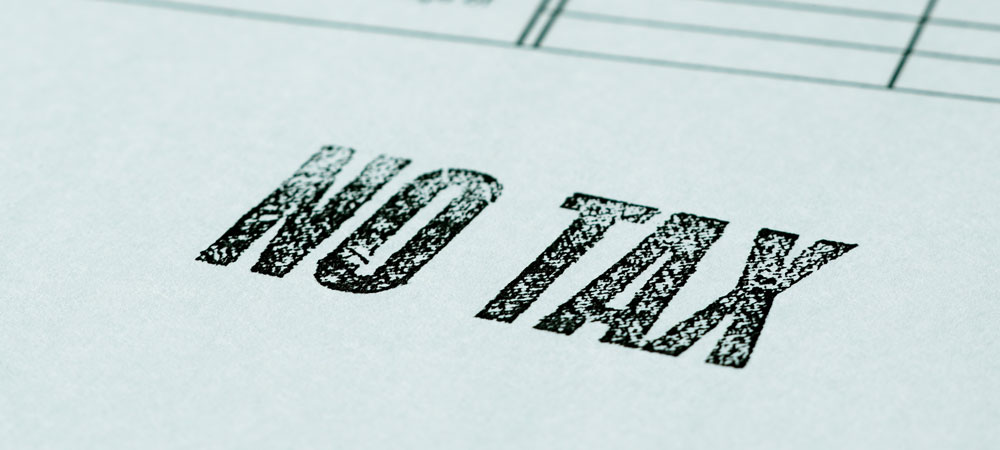Time Runs Short for Wrongfully Convicted to Get Tax Relief
Under the Federal Wrongful Conviction Tax Relief Act of 2015, any money received in relation to a wrongful conviction and incarceration – including lawsuit settlements and back pay – is now expressly excluded from taxable income.
This language is codified in Internal Revenue Code §139F which states:
Certain amounts received by wrongfully incarcerated individuals –
(a) Exclusion from gross income – In the case of any wrongfully incarcerated individual, gross income shall not include any civil damages, restitution, or other monetary award (including compensatory or statutory damages and restitution imposed in a criminal matter) relating to the incarceration of such individual for the covered offense for which such individual was convicted.
(b) Wrongfully incarcerated individual – For purposes of this section, the term “wrongfully incarcerated individual” means an individual:
(1) who was convicted of a covered offense,
(2) who served all or part of a sentence of imprisonment relating to that covered offense, and
(3)(A) who was pardoned, granted clemency, or granted amnesty for that covered offense because that individual was innocent of that covered offense, or (B) (i) for whom the judgment of conviction for that covered offense was reversed or vacated, and (ii) for whom the indictment, information, or other accusatory instrument for that covered offense was dismissed or who was found not guilty at a new trial after the judgment of conviction for that covered offense was reversed or vacated.
(c) Covered offense – For purposes of this section, the term “covered offense” means any criminal offense under Federal or State law, and includes any criminal offense arising from the same course of conduct as that criminal offense.
What is even better is this new federal law is being applied retroactively, and thereby makes refunds available to anyone who at any time paid federal income tax on wrongful compensation money. The refunds will include interest, and where the wrongfully incarcerated individual is deceased, may be claimed by that person’s estate.
But keep in mind that Internal Revenue Code §139F only applies to persons who were wrongfully incarcerated and not to beneficiaries of any resulting award.
For some refund claims the deadline could be as early as December 17, 2018 to file a claim so if you may qualify for a refund under this law you should act quickly.
What Should You Do?
You know that at the Law Offices Of Jeffrey B. Kahn, P.C. we are always thinking of ways that our clients can save on taxes. If you are selected for an audit, stand up to the IRS by getting representation. Tax problems are usually a serious matter and must be handled appropriately so it’s important to that you’ve hired the best lawyer for your particular situation. The tax attorneys at the Law Offices Of Jeffrey B. Kahn, P.C. located in Orange County (Irvine), San Francisco Bay Area (San Francisco, Walnut Creek and San Jose) and elsewhere in California are highly skilled in handling tax matters and can effectively represent at all levels with the IRS and State Tax Agencies including criminal tax investigations and attempted prosecutions, undisclosed foreign bank accounts and other foreign assets, and unreported foreign income. Additionally, if you are involved in the cannabis industry, check out Cannabis Tax Attorney.


 Follow
Follow Follow
Follow
